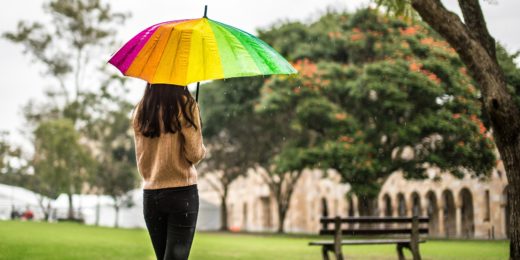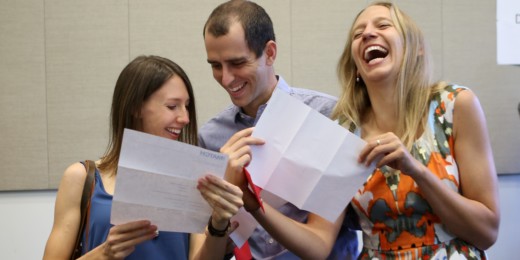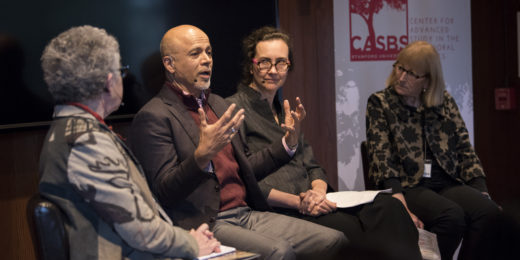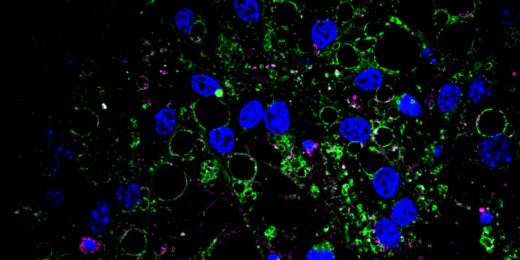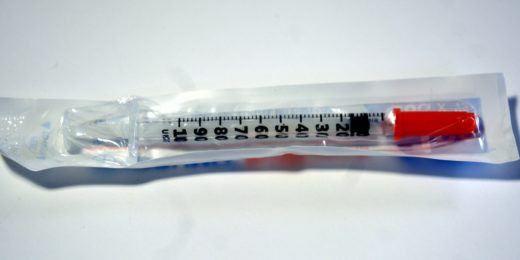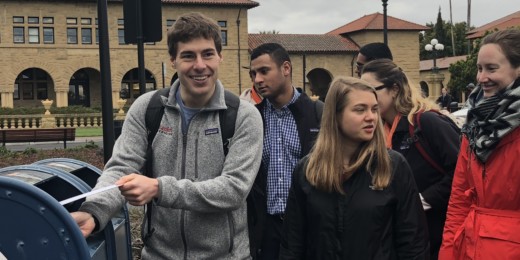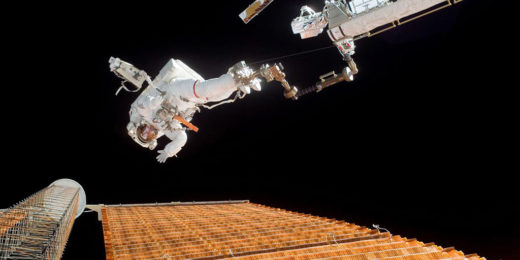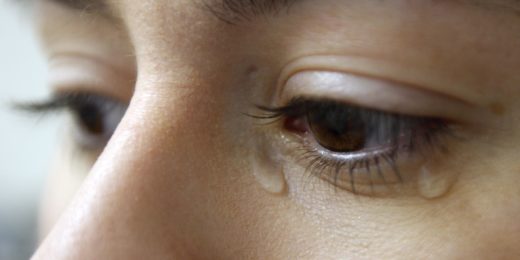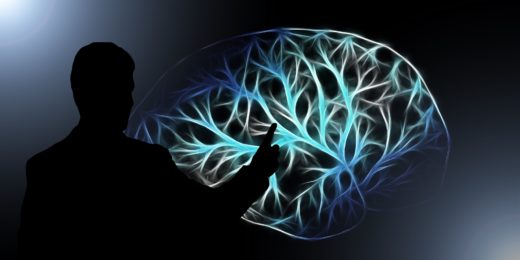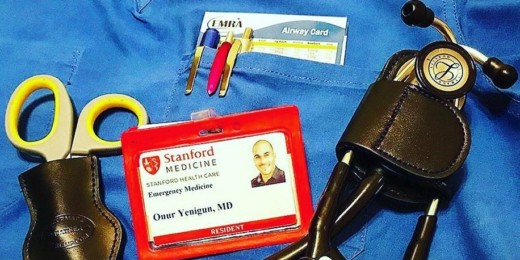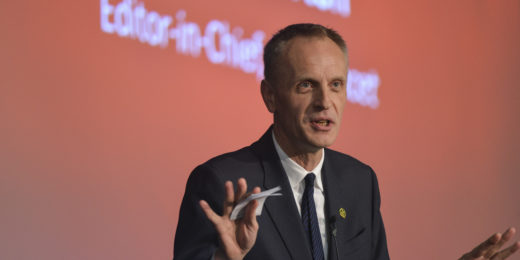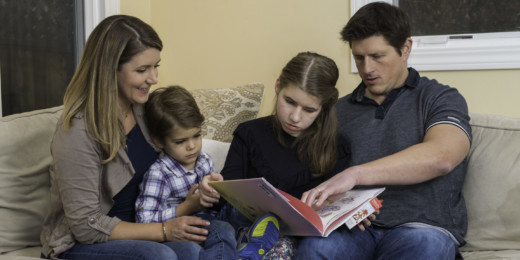Stanford research shows that nearly one in 20 reproductive-age women have depression and less than one-third are taking antidepressants.
Month: March 2018
Happy Match Day!
Each year, during Match Day, medical students across the country find out where they'll be doing their residencies.
A conflicted relationship: On technology and human interaction
A physician, a linguist and a sociologist explored how technology has affected human interactions in a panel discussion hosted by Stanford’s Center for Advanced Study in the Behavioral Sciences.
Aging neural stem cells struggle to take out the trash, say Stanford researchers
Protein aggregates in young neural stem cells seem to echo those seen in neurodegenerative disease-- but could they actually be helpful? As the cells age, they become less able to process the aggregates and their ability to activate is dampened.
Breaking down diabetes: Insulin, unwelcome, but underutilized
In this Breaking Down Diabetes installment, physician-research Randall Stafford clarifies the pros and cons of insulin use in Type 2 diabetes.
Stanford medical students reach out to lawmakers about gun violence
Struck by the public health aspect of gun violence, more than three dozen Stanford medical and physician assistant students expressed their views to lawmakers.
Stanford researchers probe the ethics of using artificial intelligence in medicine
Physicians should consider the ethical challenges of using artificial intelligence in making patient care decisions, three Stanford University School of Medicine researchers say in a perspective piece in The New England Journal of Medicine.
Beyond good/bad: Stanford researcher aims to refine our understanding of sleep
Stanford sleep specialist Jamie Zeitzer discusses how we monitor, and could monitor, sleep in the 21st century.
A physician-astronaut sutures in space
In an excerpt from The Sky Below, Stanford-educated Scott Parazynski races against the clock to fix a damaged solar array before his spacesuit can no longer sustain life outside the shuttle Discovery.
Crying my way through a difficult patient encounter
In this piece, first-year medical student Orly Farber talks about controlling her emotions is a clinical setting.
Developing “guided missiles” to attack cancer
On the Future of Everything radio show, Stanford bioengineer Jennifer Cochran discusses her development of "tumor-targeting missiles" that deliver chemotherapy as "cargo" to more effectively kill cancer.
Stanford research helps expand window for treating stroke up to 24 hours
Clinicians now have up to 24 hours to treat a stroke, thanks in part to research and tools developed at Stanford Medicine.
Reflecting on residency, one year in
A resident in emergency medicine looks back upon all that has changed, and all that he has learned, over the last year.
BrainPost: Neuroscience summarized and delivered to your inbox
The new e-newsletter BrainPost helps neuroscientists and others stay up-to-date by providing summaries of the latest neuroscience publications.
During Stanford Medicine talk, editor of The Lancet advocates for planetary health
Richard Horton, editor-in-chief of The Lancet medical journal, outlined his vision of planetary health in a talk at Stanford.
The essence of precision health: Clinical Genomics Program to open at Stanford this spring
A new Clinical Genomics Program at Stanford will improve the diagnosis of rare genetic diseases, benefiting patients such as Tessa and Colton Nye.


